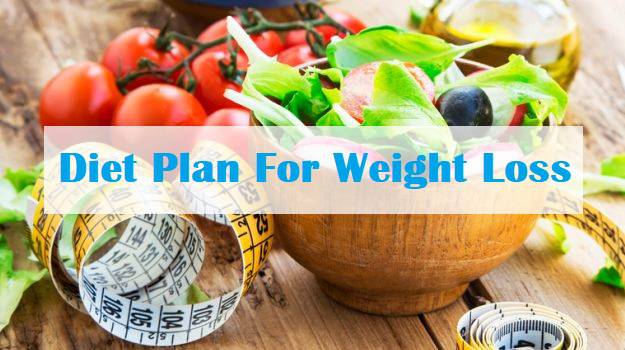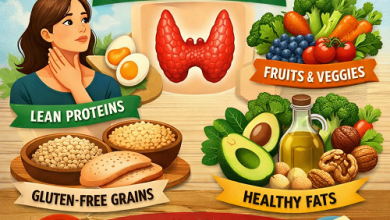Diet – Intermittent Fasting Diet Plan for Weight Loss

An intermittent fasting diet for weight loss is an outstanding approach of losing weight. A recent study showed that people who used this diet even lost weight though eating the same quantity of food as they had before. Now that’s my type of diet! But that’s not the end of the benefits of this great dieting system. The above study as well concluded that people who practice intermittent fasting properly actually live longer too.
Fasting does not mean starving yourself and that is the reason why, it is completely compulsory that you look for Diet Plans, which does not permit you to starve yourself. Your body needs a lot of necessary nutrients found in natural Foods and ingredients, to function correctly. Therefore if you go on a fasting diet and consider that to be starving yourself, you are on the wrong track altogether. Fasting weight loss is only going to be successful, if you know exactly about how much weight needs to be lost in how much time.
Start Eating / Fasting Times
The time of day in which you eat depends on if you are lifting weights that day, or not. On lifting days, you are eating window is 9 hours and on off or cardio days, its 6 hours. You will need to be able to weight train and do cardio at the same time of day, as this will throw off the timetable.
Eating Schedule for Weight Training Days
The fast is broken by a pre-workout shake, 15-30 minutes before you being your exercises and lasts for 9 hours. For instance, because I workout at 1pm, my eating window begins at 12:30 pm and lasts until 9:30 pm. This can be inconvenient if you workout at say, 8pm, so I feel weightlifting at lunchtime or in the morning works best.
Next, we will look at setting up a schedule for off days or cardio days.
Eating Schedule for off or Cardio Days
The fast is broken an hour after cardio is whole and lasts for 6 hours. In my case, I do cardio at 1pm, so my fast is broken at 3 pm. It remains 3 pm on off days.
Macronutrient Breakdown for Non-Lifting or Cardio Days:
As I mentioned previous, calories needed for days that you don’t weight train or do cardio are 1/2 of what your maintenance calories are. Here is the macronutrient breakdown:
Fat:
Again, the amount of fat is unchanged from training days. The maximum amount of fat eaten per day is 30 Grams. It doesn’t matter where the fat comes from, as long as 10 of these grams are in the form of Omega-3 Fish Oil.
Carbohydrates:
On rest days or cardio only days, carbohydrate basis should only come from fibrous green vegetables and the trace amounts found in your protein sources, for example whey and cheese. The maximum amount per day should not exceed 20 grams.
Protein:
The minimum amount of protein is your weight in pounds x 1.25. For our sample individual requiring 1500 calories per day, he would be getting 270 calories from fat, 80 calories from carbohydrates and the remaining 1150 calories from protein. That would the same to ~287.5 grams.
How Much Weight Lose?
The amount of weight loss you want with fasting is determined by how regularly and long your fasts are, what you eat afterward, and other factors. Fasting for 16-20 hours a day can help you safely lose 2-3 pounds of fat every week.
While losing this much weight every week is excellent, it’s how it makes it occur that’s actually cool. Weight Loss Diet Plan with intermittent fasting means that you will never have to count calories or plan and prepare some meals a day.
How easy is it to follow?
Intermittent fasting diet plan is extremely easy to follow in that it does not limit or limit food, permit one to eat without tightly tracking calories, and will not place a burden on your social life (i.e. not being able to go out to dinner and order something on the menu). It also can make life much easier as there is fewer time spent cooking, eating, and cleaning up.
It cannot be easy for some people who enjoy the procedure of cooking and eating; people who struggle learning to manage hunger during the early phases of adopting the diet may as well find it difficult to follow.
Is Fasting Safe?
As long as you are healthy, not pregnant, and are not taking medications, fasting is safe. Like all diet plans you should discuss it with your doctor before start an intermittent fasting style of dieting.
I also feel that it may not be smart to follow this type of intermittent fasting diet when you are particularly stressed. Because this diet can be a little stress-inducing at first, doing so when your ability to be comparatively stress-free and rested possibly is not a good idea.
Related Articles :
Egg Diet Plan for Weight Loss Reduce Your Belly Fat
Detox Water Diet Plan for Weight Loss and Detox Drink Recipes
Discover the Ideal Diet Plan for Weight Loss for you
Does A Rice Diet Plan For Weight Loss Work Effectively?
By : Natural Health News




